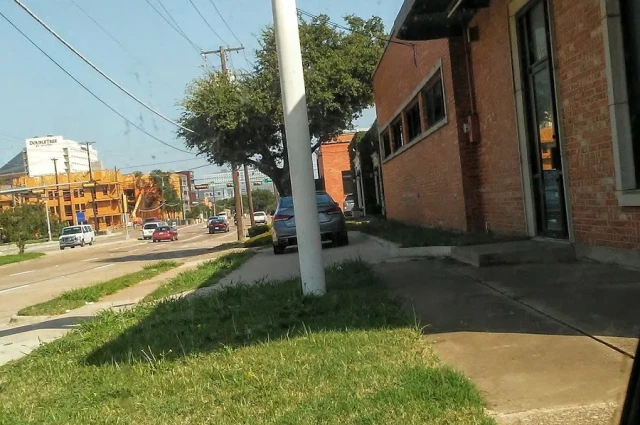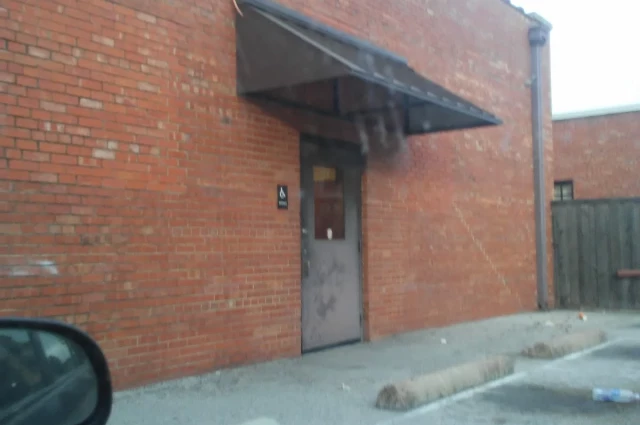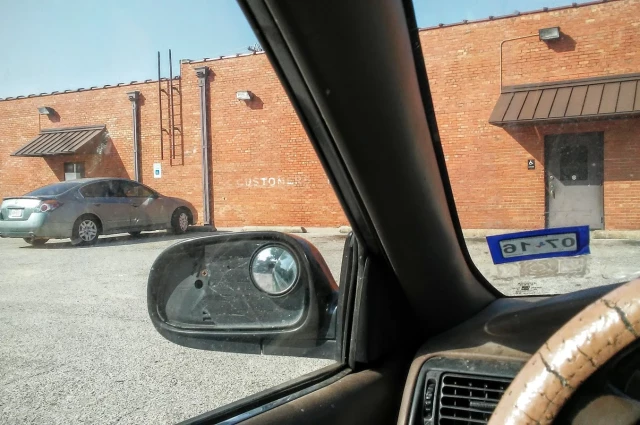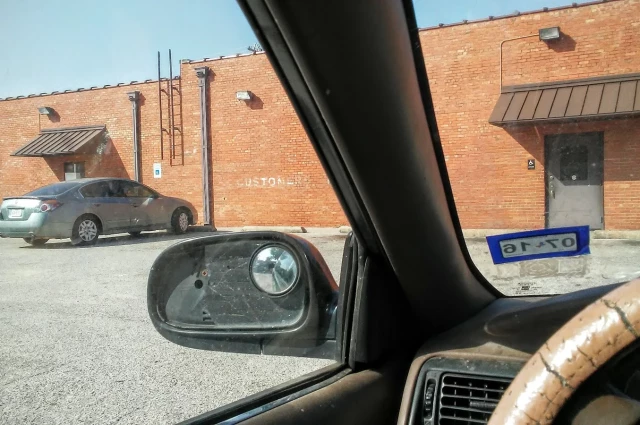WTCR Dallas, located at 1808 Market Center Blvd., Dallas, Texas, offers comprehensive treatment for persons suffering from opioid use disorder (OUD). The facility combines medication and therapy to aid in long-term healing. The program is all-inclusive, serving everyone in need of OUD treatment, regardless of gender or faith.
WTCR Dallas offers a variety of programs, including detoxification, outpatient, intensive outpatient, partial hospitalization, and aftercare services. Cognitive behavioral therapy, anger management, exercise therapy, and assertive community treatment are some of the treatment options used. The hospital is notable for its emphasis on medically supervised care and the collaborative construction of a detailed treatment plan involving the patient, physician, and treatment team. WTCR Dallas is accredited by The Joint Commission, which ensures high-quality care.
WTCR Dallas Information
Treatment
Who We Treat
- Young Adults (18–25)
- Male and Female
Approaches
- 12-Step-Based
- Twelve Step
- Group Therapy
- Cognitive Behavioral Therapy (CBT)
- Motivational Interviewing
- 1-on-1 Counseling
- Medication-Assisted Treatment (MAT)
- Online Therapy
- Relapse Prevention Counseling
Conditions We Treat
- Perinatal Mental Health
- Anger
Substances We Treat
- Chronic Relapse
- Opioids
Languages
- English
- Spanish
Aftercare
- Outpatient Treatment
Level of Care
- Outpatient
- Outpatient Detox
- Detox
Experience
Smoking and Vaping Policy
- Smoking Not Allowed
- Vaping Not Allowed
Accreditations
-
State department of health
Government agencies issue State Licenses, granting rehabilitation organizations permission to operate their businesses legally within specific geographic regions. The licenses needed for legal operation are typically determined by the type of rehabilitation program offered by a facility and its physical location.

-
The Joint Commission
The Joint Commission's addiction and behavioral health accreditation signifies a facility's commitment to high-quality care. It involves rigorous evaluations and assessments of clinical practices, ensuring effective, evidence-based treatment. Accreditation showcases a dedication to continuous improvement and patient safety, instilling trust among patients, families, and healthcare professionals. It's a mark of excellence in addiction and behavioral health care.

-
SAMHSA certification for opioid treatment program (OTP)
SAMHSA's Opioid Treatment Programs (OTP) accreditation is a prestigious recognition that signifies a program's compliance with stringent standards and guidelines established by the Substance Abuse and Mental Health Services Administration (SAMHSA). This accreditation demonstrates an OTP's commitment to providing high-quality, evidence-based care for individuals struggling with opioid use disorder (OUD). It serves as a trusted symbol of accountability and excellence, assuring patients, families, and communities that the OTP offers safe, effective, and comprehensive treatment options for OUD.
-
Drug Enforcement Agency (DEA)
DEA accreditation refers to the process by which a law enforcement agency is recognized by the Drug Enforcement Agency (DEA) as having met specific training, operational, and resource requirements necessary to participate in DEA-led drug enforcement efforts. This accreditation allows the agency to perform DEA-related tasks such as conducting investigations, executing federal search warrants, and participating in joint task forces.
WTCR Dallas Accepts The Following Insurance Plans
Find the best treatment options. Call our free and confidential helpline today!




